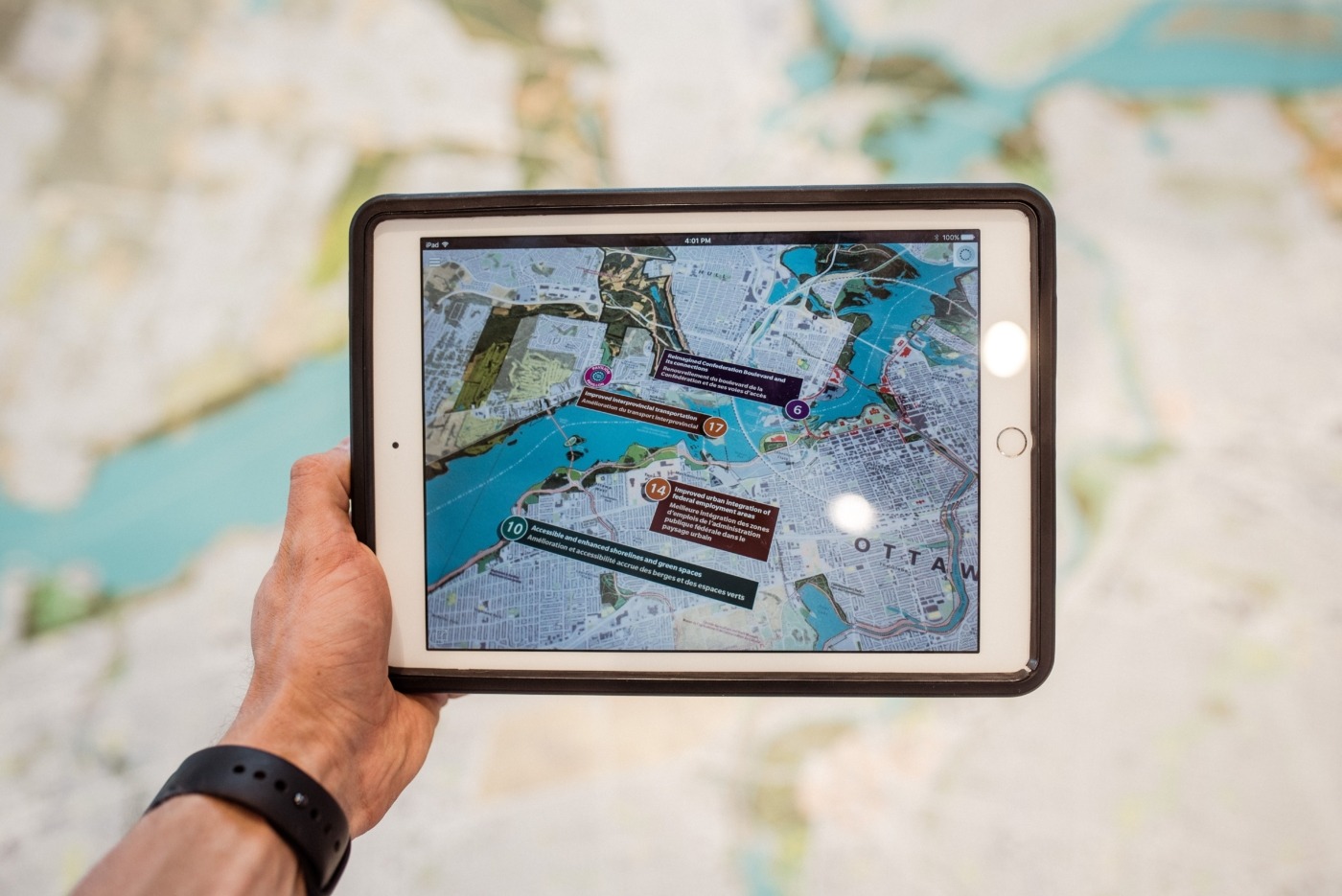A guide to the best apps for the modern tourist
If we allowed stereotypes to hold, society would dictate that there are two types of tourists. I shall refer to them as the organisers and the wanderers, although alternative labels are available. Our first clan, of which I unquestionably belong to, are the type to wander through airports clutching plastic wallets brimming with bureaucracy and have their phone full of pre-prepared apps. Members of the second tribe are usually unsure about their departure time, haven’t arranged travel insurance and yet haven’t a worry in the world.
Organisers and wanderers, as distinct and diverse a duet they might be, are often reliant upon the same binds to prevent travel catastrophe: apps. With Easter holidays just around the corner, The Boar presents to you a set of timely recommendations, each of them complied to our shortlist to help you on your next trip. Whether you are an organiser or a wanderer, these apps will help you on your way the next time you pack your bags and head for pastures new.
TripAdvisor isn’t our most creative suggestion, but the world-renowned travel site should be a staple of any jetsetter’s portfolio of travel apps. Backpacking in the foothills of the Peruvian mountains, meandering through the streets of Barcelona, or looking for a good night-cap in Birmingham, the TripAdvisor app will be able to guide you in the right direction.
An encyclopaedia of users’ unconnected travel experiences, TripAdvisor is the Wikipedia of travel: use it, but just don’t include it in your footnotes. The TripAdvisor app is free, available on all widely-used devices and exceptionally easy to use. TripAdvisor’s primary weakness is the app’s reliance on internet connectivity, and is thus best-suited to well-connected destinations.
Virtual private networks (VPNs) are commonly used both in domestic and travel scenarios in order to protect personal information and data
With an excess of 3,000 servers, 160 server locations and 30,000 IP addresses, ExpressVPN remains the most reliable means of keeping your online existence safe under lock and key. Virtual private networks (VPNs) are commonly used both in domestic and travel scenarios in order to protect personal information and data. A VPN service essentially allows users to change their IP address to a more secure server, providing security and a route around geo-blocked content and sites.
ExpressVPN is the industry’s standard-bearer, with servers located across 94 countries, encompassing the most complete platform support on the market. Business-level encryption, widespread application and strong customer support makes ExpressVPN a force to be reckoned with. ExpressVPN offers a 100% money-back guarantee for users’ first 30 days of usage; the service costs $12.95/month from thereon in. For a free alternative, Hotspot Shield is your best bet.
The instantly recognisable names provide a fine safety net in the case of linguistic emergencies
For the monolinguals among our ranks, having access to a reliable translation app can be the difference between arriving in the right city and taking an unexpected detour off the beaten track. Again, the instantly recognisable names provide a fine safety net in the case of linguistic emergencies, such as Google Translate which offers connectionless translation for over fifty languages.
Photo translation makes the Google Translate app a strong contender, although Baidu Translate is perhaps the strongest option available. Despite covering significantly fewer languages than many of its competitors, Baidu Translate is a brilliant option if you require rapid speech-to-speech translation. Phrasebooks, offline translation and authoritative dictionaries solidify Baidu Translate as a strong alternative to its high-profile competitors. Its 4.8 rating on the iOS App Store is a testament to Baidu’s credentials.
Whether you’re strolling along the French Riviera, or battling with the elements in Snowdonia, being able to navigate effectively is the most important element in enjoying a successful day out. MAPS.ME, available on Android and iOS, is my first choice when it comes to navigating foreign lands. Free to use, although you can pay to remove apps should you wish to, MAPS.ME provides brilliantly detailed, offline maps for locations around the globe. With the inclusion of ATMs, points of interest and public transport, MAPS.ME has grown increasingly popular, amassing an estimated 100 million years.
Travel can never be reduced to the technology that helps us find our route
With online security, translation and navigation locked-down, it’s time to return our focus on identifying the best spots to eat and explore. Musement, free to download on iOS and Android, provides a guide for over 350 destinations around the globe. Musement’s strongest element, the ability to book tickets securely through the app, sets it apart from many of its competitors.
Wander and Co, although currently only available on iOS, claims to be the “digital nomad’s app” and they have a point. Geared towards explorative travellers, users are invited to share their own stories by tracking outdoor excursions with GPS, average pace and elevation change. Wander and Co promotes community interaction, making it a great app for those seeking inspiration for their next trip.
Although all of these apps will undoubtedly help you on the way, travel can never be reduced to the technology that helps us find our route. Apps are now a travel necessity, representing serious value for money in comparison to traditional guides or phrasebooks, but they will never be capable of replacing the rush of venturing into the unknown. Keep your apps handy, but keep your memories closer.

Comments